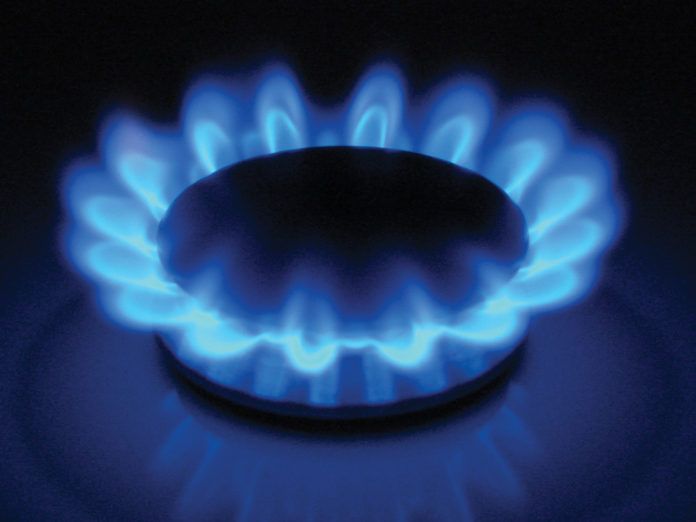
In response to gas prices rising by 250% since January, Kevin Wellman, chief executive officer of the Chartered Institute of Plumbing and Heating Engineering, said: “Increasing prices makes a more compelling case for alternative technologies such as heat pumps. The uncertainty around gas supplies and prices shows why we can’t delay in upskilling the industry – change has to happen now.”
With warnings of huge energy bills for those coming to the end of their fixed deals, and a 13% rise for households on pre-payment meters, many are concerned about their ability to pay.
What’s more, the Resolution Foundation found that families on Universal Credit are four times as likely as the wider population to be on pre-payment meters. While the energy price cap is set to rise by £139 a year (12%) to £1,277 for average gas and electricity customers from 1 October, those on pre-payment meters are facing a larger increase of £153 (13%). This situation is exacerbated by the £20 a week Universal Credit uplift also ending in October.
Kevin said: “Fuel and water poverty is a growing problem in the UK. According to government statistics, approximately 3.66 million households are fuel poor and around 3 million households are unable to pay water bills. Lone parents with dependents make up nearly 19%, with fuel poverty, the highest in the private rented sector.
“Through our latest manifesto, we have been urging the government to bring in policies to target the energy efficiency of dwellings – especially those in band D and under – and tackle the issues associated with poverty at source. Those on low incomes should pay fair and competitive tariffs for energy use.
“Furthermore, the current situation highlights the issues around existing and new housing stock. It’s fundamental to the net zero agenda that every building is as energy efficient as possible and that our engineers have the right knowledge and skills to install energy efficient appliances.”
